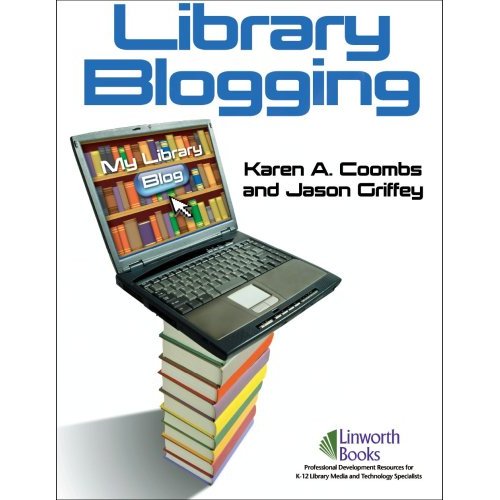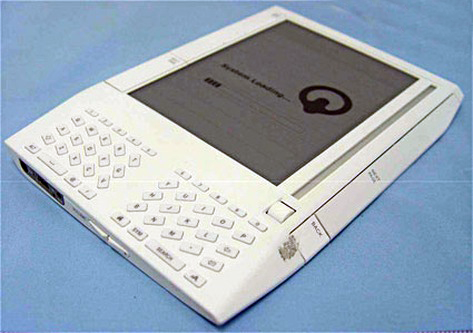Over the course of the last 20 years, there has been a radical shift in the economies of information. We’ve moved from a world in which information was plentiful but distributed and difficult to find to a world where information is even more plentiful, but ubiquitous and easy to find. Libraries are suffering now as a result of their inability of unwillingness to change based on the new method of information indexing, exchange, and archival.
Libraries were a central part of the public sphere because of that information imbalance. Most libraries have moved to a new model that emphasizes access and comfort instead of being the storehouse of knowledge they once were. Access is something that libraries have on their side, because information, in defiance of the normal rules of supply and demand, still insists on being expensive.
Prepare for another shift, because the next 5-10 years is going to change the rules again.
Chris Anderson, in the latest Wired magazine, outlines the next information revolution: Free.
The rise of “freeconomics” is being driven by the underlying technologies that power the Web. Just as Moore’s law dictates that a unit of processing power halves in price every 18 months, the price of bandwidth and storage is dropping even faster. Which is to say, the trend lines that determine the cost of doing business online all point the same way: to zero.
Anderson outlines his argument in the context of business, but his points really show us that the nominal cost of information delivery is the core of the revolution. Of course, the fact that the delivery is free does not immediately mean that the information being delivered is free…that change arises from more traditional competitive pressure. What are traditional information services like books, movies, and television competing with these days? They are competing with free, easily available, highly portable, and in nearly every way more useful unauthorized versions of themselves.
When customers look at the following options, what do you think they choose?
Buying TV shows on iTunes, where they can watch them on their authorized computer and iPods, but not on their Zune or PSP or anywhere else they might want OR downloading a .torrent of their favorite TV show that is higher in quality than the iTunes download that they can watch anywhere they want.
Buying an audiobook from Audible, which has limited playability on only approved devices, or grabbing a P2P copy of that audiobook with no limitations (and no price).
Reading a book on Harper-Collins website, embedded in your browser is one option. Another is the Tor model, where once a week they are providing a free book, in multiple formats (pdf, html, mobi) for you to do with as you will. Move it to an ebook reader. Read it on your computer. Put it on your cellphone. Another option is the library.
It’s obvious that things that are free have an immediate advantage, and libraries have been free for a very long time in the US. But even free vs free has its calculus. If we look at the above examples, it’s very important for libraries to realize that they aren’t competing with iTunes and Audible. They are competing with .torrents and other P2P technologies that disintermediate the information distribution process.
But even free has choices: One example is Hulu, the beta site for NBC/Fox/etc. They pulled their shows from YouTube, citing copyright violations, and launched Hulu, where they can control the message and availability. Then there is OpenHulu, a site that scrapes Hulu and provides the ability to watch the same shows with no login or account creation. Yet another choice is the aforementioned Torrent or other P2P distribution, where there are no commercials, no requirement to stream instead of download, and the ability to watch them on the device of your choice. The advantage of Hulu and OpenHulu over torrenting is instant gratification. Which wins?
So when there are two freely available sources for information, what drives choice? Lots of different aspects of the interaction between the patron and the information make the difference. Ease of use. Availability. Speed. Quality. Brand recognition. Marketing.
Anderson points out that free is the future of commerce, and I absolutely see it as the future of media and information generally. How do libraries then compete in a world where their major advantage is completely nullified? What do we bring to the new information economy, because we need to be planning and implementing now to have any hope of competition.
I think I know some of the ways we compete, but that’s another post. What do you think we can do to stay relevant?




